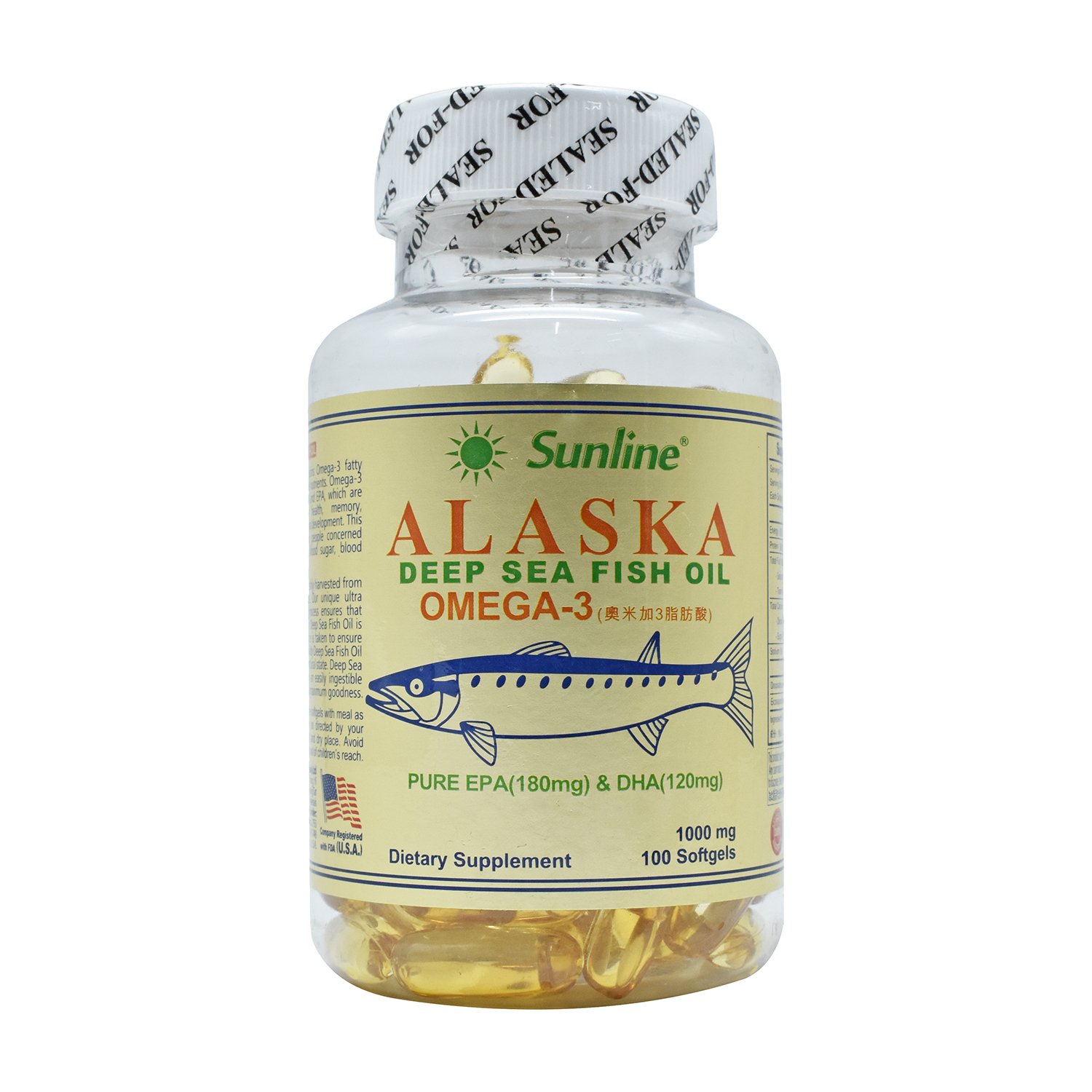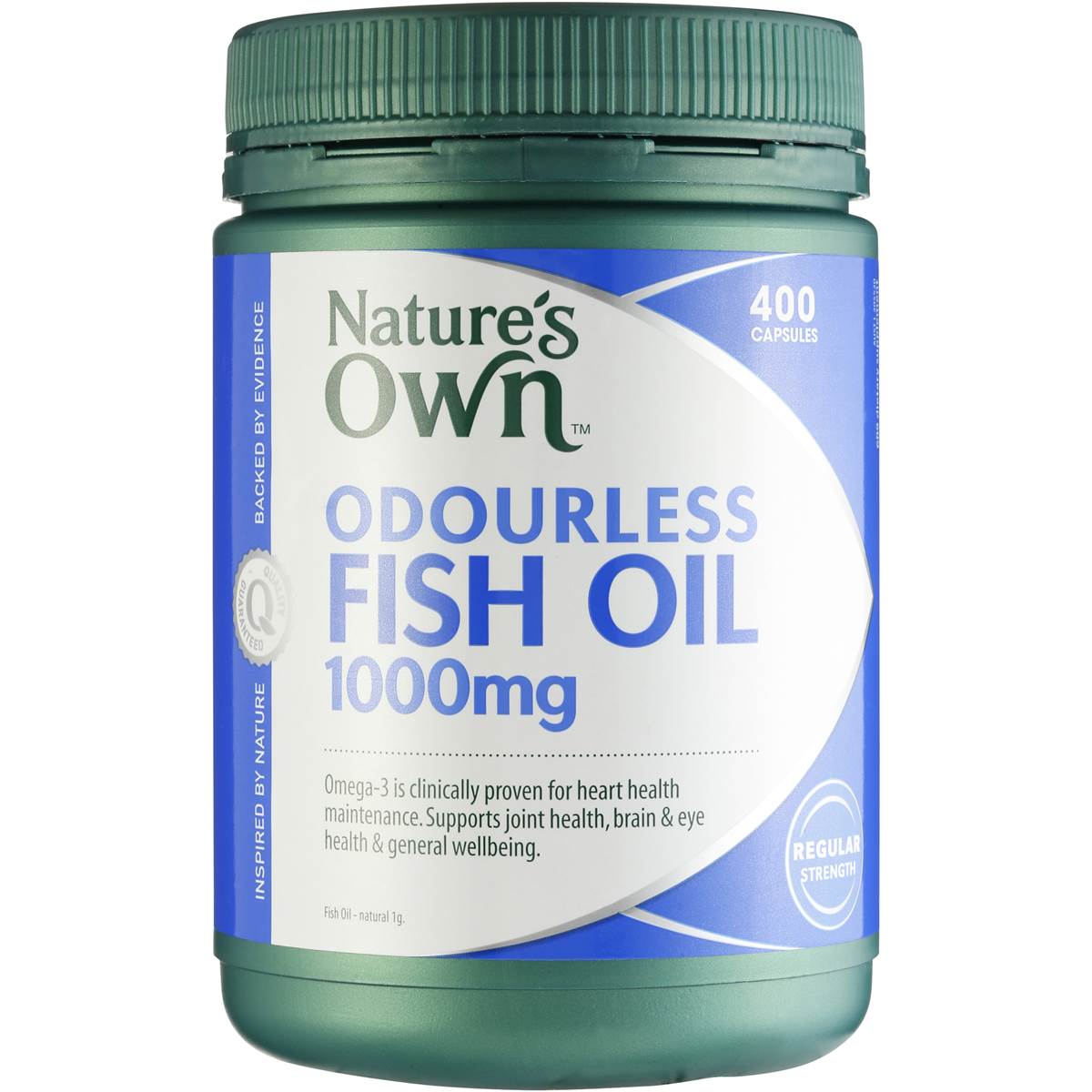
Understanding Prescription Fish Oil: A Comprehensive Guide
Understanding Prescription Fish Oil: A Comprehensive Guide
Prescription fish oil is often recommended for a variety of health conditions. This essential supplement plays a significant role in supporting heart and joint health. Many individuals are unaware of the myriad benefits that fish oil can provide. This guide delves into what prescription fish oil is, its uses, benefits, and how it can fit into a proactive health regimen.
What is Prescription Fish Oil?
Prescription fish oil is a concentrated form of omega-3 fatty acids. These fatty acids are crucial for optimal health. They are primarily found in fish, such as salmon, mackerel, and sardines. Due to its anti-inflammatory properties, prescription fish oil has gained recognition for its therapeutic effects. It is especially beneficial for individuals with high triglyceride levels. This concentrated omega-3 supplement helps reduce triglyceride levels in the bloodstream, which can lower the risk of heart disease.
Notably, prescription fish oil is different from over-the-counter fish oil supplements. The former undergoes rigorous testing for purity and potency. This quality control ensures that the product contains the specified omega-3 content. Additionally, healthcare providers typically prescribe fish oil in specific doses tailored to individual health needs. Therefore, it is essential to consult a healthcare professional before starting any supplemental regime.

Uses of Prescription Fish Oil
Prescription fish oil has several medicinal uses. One of the main uses is lowering elevated triglyceride levels. High triglycerides can lead to serious health complications. Consequently, managing these levels is imperative for cardiovascular health. Furthermore, healthcare providers may recommend fish oil for patients with rheumatoid arthritis. Its anti-inflammatory properties can help reduce joint pain and stiffness.
In addition to cardiovascular and joint health, fish oil may also benefit mental health. Some research indicates that omega-3 fatty acids play a role in mood regulation. For individuals dealing with depression or anxiety, incorporating fish oil into their treatment plan could prove advantageous. Evidence also suggests that omega-3 fatty acids can support cognitive function, which is essential for older adults. As cognitive decline becomes a growing concern, fish oil may offer protective benefits.
Moreover, recent studies show potential benefits for eye health. Omega-3 fatty acids contribute to retinal health and may help reduce the risk of age-related macular degeneration. This eye condition can significantly impact vision. Therefore, incorporating prescription fish oil could provide a protective measure. Given the various uses, it becomes clear why healthcare professionals prioritize this supplement.

Benefits of Omega-3 Fatty Acids
Omega-3 fatty acids come with a wide array of health benefits. First, they contribute to heart health. Numerous studies demonstrate that omega-3 fatty acids can lower blood pressure. Additionally, they can reduce cholesterol levels, particularly triglycerides. These effects collectively contribute to a healthier cardiovascular system. Consequently, this can lead to a decreased risk of heart disease.
Second, omega-3 fatty acids have been found to support mental health. Research suggests that individuals with higher omega-3 intake experience lower rates of depression. The brain benefits from omega-3s, which promote better neuron function. Consequently, this can enhance mood and overall mental well-being. Furthermore, certain studies point to the benefits of omega-3s in treating attention deficit hyperactivity disorder (ADHD).
Third, omega-3 fatty acids offer anti-inflammatory effects. This is particularly beneficial for individuals with chronic inflammatory conditions. Conditions such as arthritis and inflammatory bowel disease can be managed effectively with omega-3 supplementation. By decreasing inflammation, individuals may experience reduced pain and discomfort. These anti-inflammatory properties drive the efficacy of fish oil for many health issues.
Finally, omega-3 fatty acids contribute to skin health. They play a role in maintaining skin hydration and elasticity. These effects could be especially beneficial for individuals dealing with skin conditions like eczema or psoriasis. By incorporating fish oil, individuals may notice improvements in their skin’s appearance and feel. Overall, the benefits of omega-3 fatty acids cannot be overstated. Thus, fish oil becomes a valuable addition to any health plan.

How to Take Prescription Fish Oil
Taking prescription fish oil requires careful consideration. First, it is essential to follow the healthcare provider’s instructions. Dosage may vary based on individual health conditions and needs. Generally, fish oil is available in liquid and capsule forms. Patients should discuss which form they prefer and find more convenient.
When beginning fish oil supplementation, starting with a lower dose is wise. Gradually increasing the dose may help the body adjust. Additionally, taking fish oil with meals can aid absorption. This method decreases the likelihood of gastrointestinal distress. Peop le often report fish oil causing fishy aftertaste or burps. This phenomenon can be mitigated by taking fish oil with food.
Individuals should also be mindful of potential interactions with other medications. Blood thinners, for example, can interact negatively with fish oil. Thus, consulting with a healthcare professional before starting is crucial. They can provide information on any potential side effects or interactions.
Furthermore, monitoring results is an important step. Regular check-ups with healthcare providers can help assess the effectiveness of the fish oil treatment. They can evaluate triglyceride levels and overall health. Adjustments to the dosage may be necessary based on these evaluations. Following these guidelines ensures optimal benefits from prescription fish oil.
Potential Side Effects of Fish Oil
While prescription fish oil has numerous benefits, it may also cause side effects. Some individuals may experience gastrointestinal issues. These include diarrhea, nausea, and heartburn. Taking the supplement with meals can mitigate these effects. However, if side effects persist, consult a healthcare provider.
Another potential side effect is a fishy aftertaste. This unwanted effect may result from taking fish oil capsules. Some products, however, are enteric-coated to prevent this issue. Choosing high-quality supplements can often alleviate such concerns. Consumers should look for reputable brands with transparency in their manufacturing processes.
Allergic reactions to fish oil are rare but possible. Individuals with fish allergies should avoid this supplement. Instead, alternative omega-3 sources, such as algae oil, may prove beneficial without allergy risks. Always consult a healthcare provider when considering omega-3 options.
Despite these side effects, most individuals tolerate prescription fish oil well. The health benefits often outweigh potential drawbacks. Monitoring dosage and consulting healthcare providers can enhance safety. In this way, people can enjoy the advantages of essential omega-3 fatty acids without unnecessary risks.

Importance of Consultation with Healthcare Providers
Consulting with healthcare professionals is vital before starting prescription fish oil. They can evaluate individual health conditions and needs. This assessment is essential for determining the appropriate dosage. Each person reacts differently to supplements. Healthcare providers help tailor a plan that fits unique needs.
Furthermore, patients should disclose all medications they are currently taking. This information is crucial for avoiding potential interactions. Health professionals have the knowledge to assess safety effectively. They can inform individuals about possible side effects. This proactive approach enhances patient safety and comfort.
Additionally, regular follow-ups with healthcare providers are important. Monitoring health conditions helps determine if the fish oil dosage remains effective. Healthcare professionals may suggest shifts in treatment plans based on ongoing assessments. This collaborative approach fosters a comprehensive view of patient health.
Ultimately, informed decisions lead to better health outcomes. Prioritizing communication with healthcare providers enables individuals to navigate their health journeys confidently. This partnership enhances the effectiveness of any health regimen involving prescription fish oil.
Conclusion: The Role of Prescription Fish Oil in Health
Prescription fish oil is a valuable supplement for various health issues. Its benefits extend across heart health, mental well-being, and more. Many individuals can enhance their quality of life through targeted supplementation. By understanding its uses and benefits, patients can make informed health decisions.
Incorporating prescription fish oil into a broader health strategy benefits individuals aiming for improved health. Awareness of proper dosages, potential side effects, and the importance of professional guidance is essential. This ensures that individuals maximize the benefits while minimizing risks.
As research continues to explore the full spectrum of omega-3 fatty acids, the significance of fish oil remains clear. It holds a prominent place in contemporary health discussions and initiatives. Therefore, anyone considering fish oil should prioritize consultation with their healthcare provider. This step ensures a safe and beneficial experience with this powerful supplement.
In summary, prescription fish oil offers numerous advantages. It can significantly contribute to overall health when taken responsibly and in consultation with healthcare professionals. By understanding how to use fish oil effectively, individuals can take strides toward enduring wellness. This resource continues to be a cornerstone of healthy living strategies.

Take Action Today
Taking the first step towards incorporating prescription fish oil into a health regimen is crucial. Consult with a healthcare provider for personalized guidance. This action can be life-changing for many individuals looking to improve their health.
Consider exploring different forms of fish oil to determine which best suits personal preferences. Whether it’s liquid or capsule form, find an option that’s affordable and effective. There are several reputable brands available on the market.
It is also beneficial to keep track of health changes over time. Documenting experiences can help assess the effectiveness of the supplement. Regular communications with healthcare providers will assist in making necessary adjustments to the fish oil plan.
Commit to a healthier lifestyle by adding prescription fish oil to your daily routine. Focus on balancing nutrition, exercise, and supplementation to achieve optimal health benefits. Every small step contributes to improvements in health and well-being. Act today to become proactive in achieving sustained wellness over the long term.

